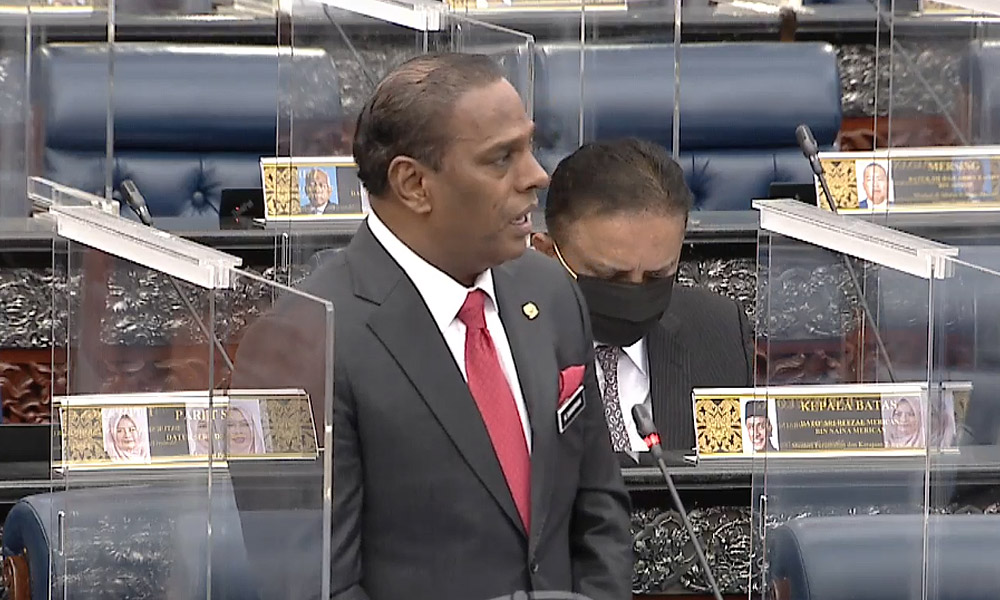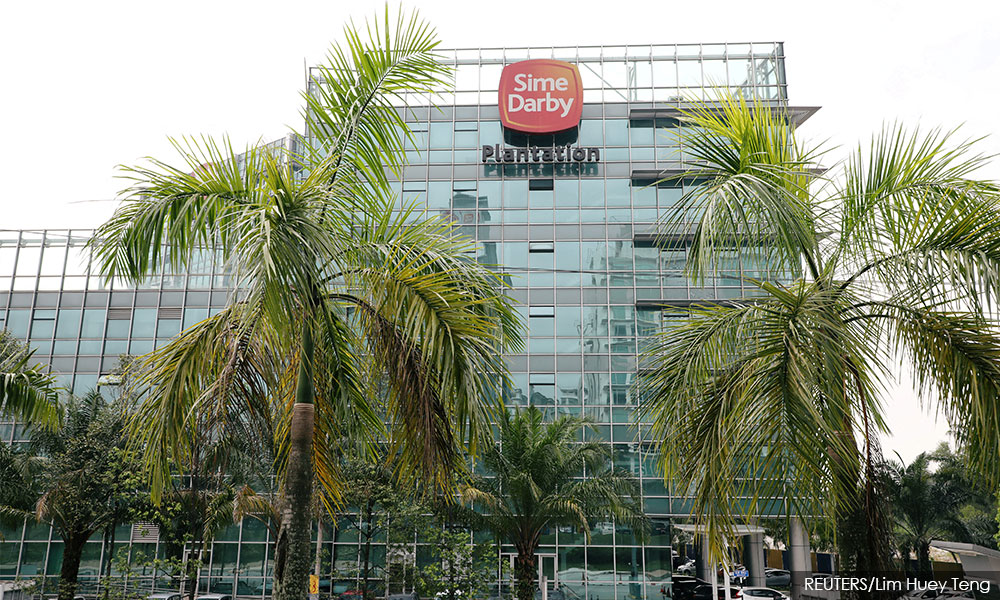Sungai Buloh MP Sivarasa Rasiah has urged Human Resources Minister M Saravanan to take the allegations of forced labour against Sime Darby Plantations Bhd more seriously.
This came after the minister told Parliament on Tuesday that no forced labour practices were found, but the firm had failed to report accidents involving its workers within 10 days as required under Section 13(2) of the Workmen’s Compensation Act 1952.
According to Sivarasa (above), the US Customs and Border Protection (CBP) wouldn’t have banned Sime Darby’s palm oil products from entering the US if it was merely the failure to report accidents.
“This surely is a feeble excuse as this is not the first Malaysian company to be embroiled in such unsavoury labour practices. The CBP claimed the body has enough and reasonable evidence on Sime Darby’s forced labour practices; this is why they resorted to a serious action like a ban on Sime Darby’s palm oil exports.
“The CBP also claimed that Sime Darby specifically violated labour practices. The minister should take this much more seriously and go through the CBP evidence.
“It is obvious to all that CBP will not be issuing such a ban on Sime Darby’s palm oil exports with just a simple failure to report an accident involving a migrant worker,” Sivarasa said in a statement last night.

Saravanan was also reported to have told Parliament that the CBP and the ministry viewed forced labour indicators differently.
“For example, the employers of Indonesian workers at oil palm plantations in Sabah and Sarawak do not provide daycare for their children. So, the children would just follow their parents to the plantations.
“These children do not work in these plantations but, at the international level, this is seen as child labour,” Free Malaysia Today quoted Saravanan as saying.
However, Sivarasa countered that this does not mean Malaysia’s “low standards” are acceptable. Every worker deserves to be treated with dignity and respect, even if he or she works in a “dirty, dangerous and difficult” sector.
He said Malaysia’s failure to comply with other countries’ standards would make it difficult for Malaysian companies to do business with overseas markets, and in dealing with potential investors and traders.
“It would be sad if the world's largest palm oil plantation company, something that we Malaysians are proud of, is now labelled as one of the biggest culprits in forced labour.
“I urge the government of Malaysia to take this matter seriously and rectify this global issue immediately to protect Sime Darby’s interests and the workers’ interests. If left unchecked, more Malaysian companies may not be able to do business internationally and we may be shunned by potential investors and traders.
“Bearing in mind this current economic situation, the Malaysian government should immediately set up a task force under Parliament to look into these allegations of forced labour practices and table the findings to the Dewan Rakyat immediately,” he said.

The CBP had barred imports of Sime Darby’s palm oil products since 2020 on suspicion of using forced labour in its production.
In January this year, it issued a “finding” against Sime Darby that would allow it to seize its products at the port.
“Through its investigation, CBP has determined that there is sufficient information to support a finding that Sime Darby Plantation and its subsidiaries are using forced labour on Sime Darby's plantations in Malaysia to harvest fresh fruit bunches, which are used to extract palm oil and produce derivative products,” it said.
Sime Darby responded to the move by saying it has appointed an independent consultancy to audit its facilities, which it said would demonstrate it has sufficient controls in place to ensure the well-being of the workers.
On Feb 15, the company said it is setting aside RM82.02 million to compensate current and former migrant workers who have paid recruitment fees to secure a job at the company. Activists have complained that such fees could result in debt bondage, which is identified by the International Labour Organization as one of 11 indicators of forced labour.
Other companies have made similar reimbursements to their workers in the past after being sanctioned by the CBP over forced labour allegations, and many have successfully managed to get the import ban lifted. - Mkini




No comments:
Post a Comment
Note: Only a member of this blog may post a comment.